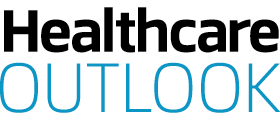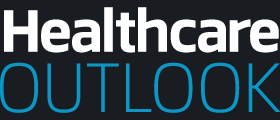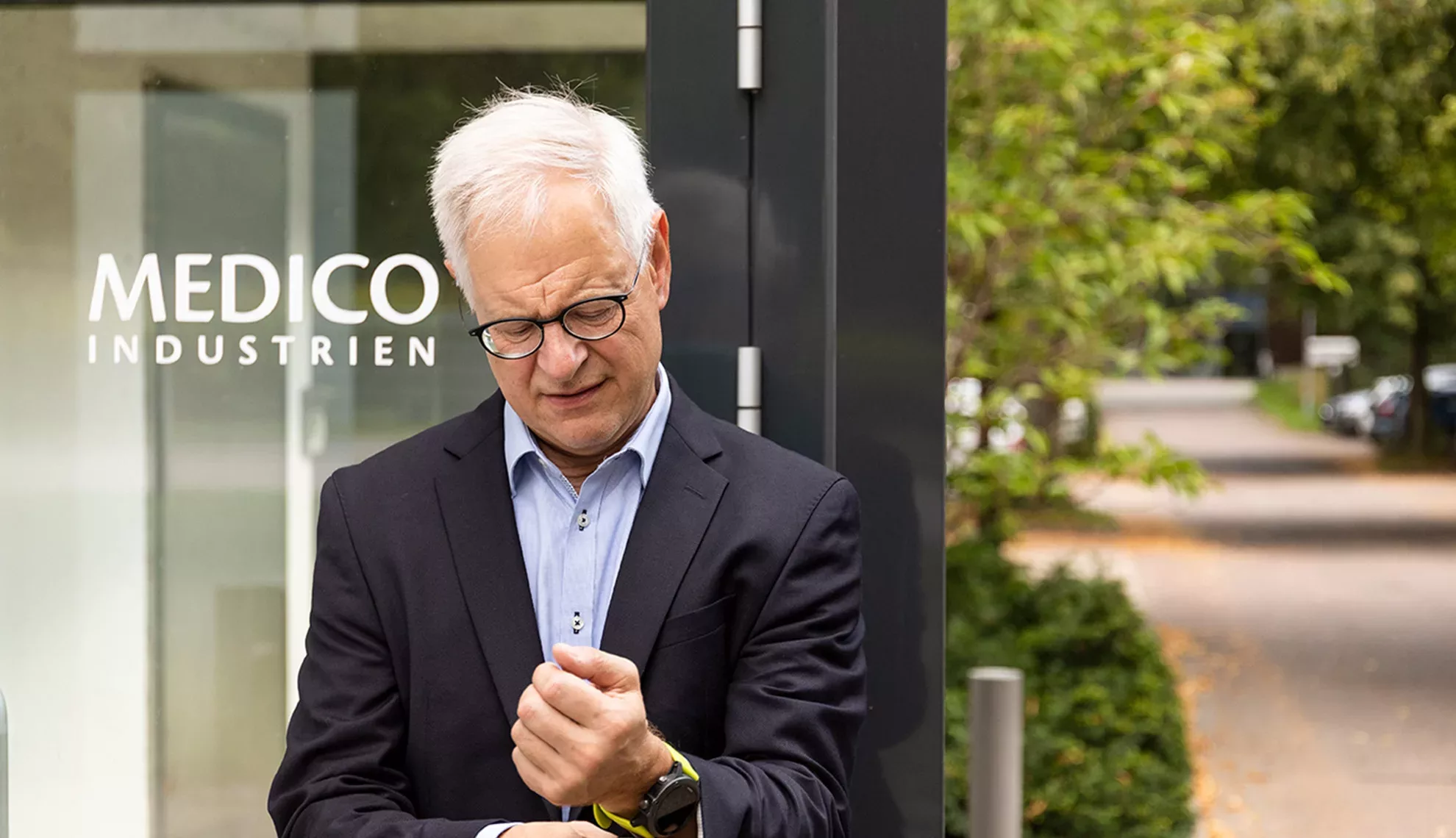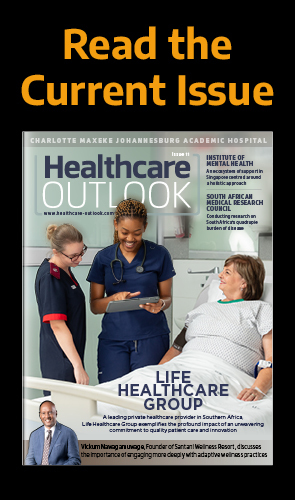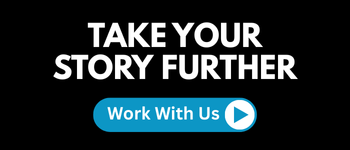- DENMARK MEDTECH SPOTLIGHT
- Q&A WITH MEDICOINDUSTRIEN
- When was the association founded and what was its original vision?
- How has Medicoindustrien progressed in terms of its key objectives since inception?
- What recent breakthroughs have been made in the Danish healthcare sector?
- What are the key challenges facing the industry?
- What Are there any major trends transforming the development of medical devices?
- Does Medicoindustrien have any projects in the pipeline?
- How do you see the association developing over the next five years?
- Finally, are you optimistic about the future of the health care sector in Denmark?
DENMARK MEDTECH SPOTLIGHT
“We aim to facilitate a regulatory pathway, a trajectory for innovation, and market access. These are the common agendas for all MedTech companies, whether they are start-ups, producers, or suppliers”
Peter Huntley, General Manager, Medicoindustrien

Q&A WITH MEDICOINDUSTRIEN
When was the association founded and what was its original vision?
How has Medicoindustrien progressed in terms of its key objectives since inception?
PH: The MedTech industry in Denmark is huge, and Life Sciences is actually the single largest industry in the country. Within this, MedTech represents about 40 percent of the Life Sciences turnover. It has evolved dramatically – you could say that the demand on the industry has risen just as dramatically regarding regulatory issues – in particular the need for evidence and compliance in all respects. In that respect, we have been growing in a similar way. We have practically doubled in the 10 years since I joined the association.
In this time, we have seen how political agendas are huge on our business – sustainability, digitalisation, and the control of chemical constituents within the products. Value-based procurement has also been another major factor for us, addressing the question of what the value proposition of a product is when it’s not just the price alone, and what kind of value is it introducing into the healthcare sector.
Taking into account all of these different aspects, we created 25 different expert groups, which is quite a significant amount for an association of our size. We have approximately 230 member companies, and these groups and the courses that we offer are developed for our members. We hold about 70 different courses on an annual basis covering an expansive selection of subjects, such as new regulatory politics, or new law enforcement for example.
What recent breakthroughs have been made in the Danish healthcare sector?
PH: A major achievement is how new technology has led to the more effective, and more secure treatment of patients. Over the years we have experienced a dramatic number of treatments that have been converted from a full in-house overnight stay at a hospital with anaesthetics and open operations to minimum invasive surgery, where you are in and out of the hospital on the same day. You might need a local sedative, but you are not completely unconscious. This dramatic shift towards minimum invasive surgical operations has dramatically improved healthcare economics. We are constantly seeing how technology changes the things we can do today that never would have been possible 10 years ago.
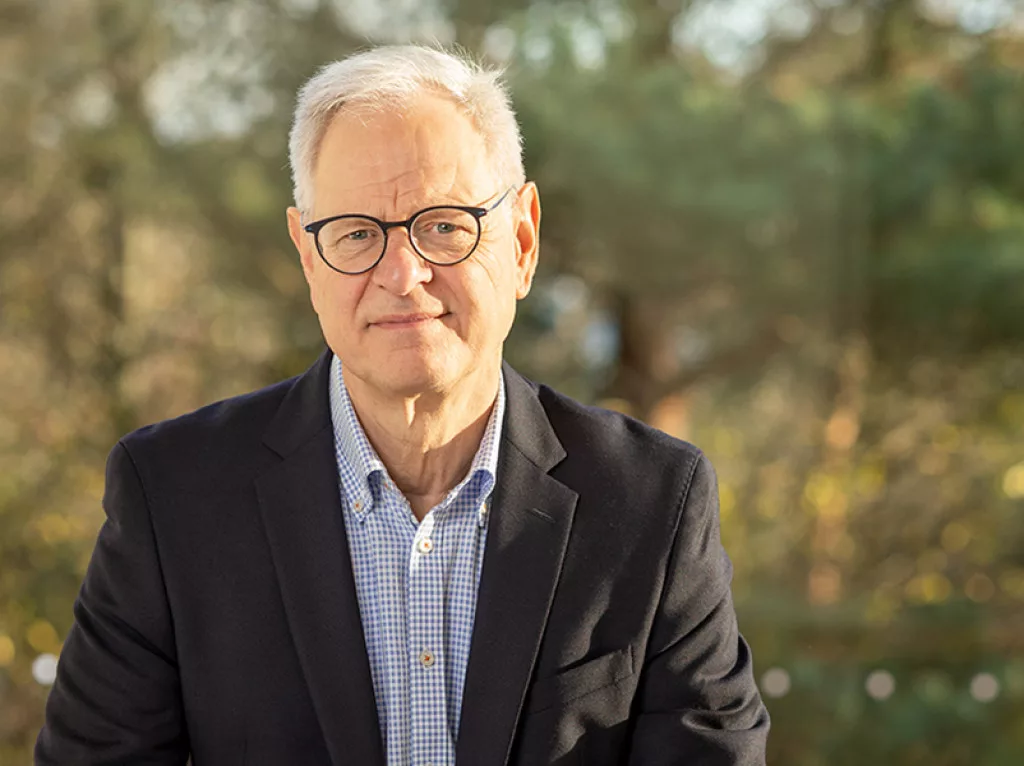
What are the key challenges facing the industry?
PH: The biggest challenge is how you settle politically on a cost-effective regulatory system that serves the purpose of introducing safe products quickly, without being an administrative burden to companies. Administrative burdens are ever-growing due to the huge political attention on controlling inferior products on the market. This is understandable, but these systems must not be so ambitious that they shut down innovation.
The European ability to be innovative is diminishing compared to previously when we were superior to the US market for instance. It’s gradually changing so that introducing your product into the US and developing it there, might be slightly more efficient than doing the same thing through the European system. That’s a major downside for the European industry.
What Are there any major trends transforming the development of medical devices?
PH: There are two major trends that we must adapt to. First is the increased focus on sustainability and the other is the increasing belief that digitalisation and digitised solutions can take us further with less effort. These two agendas are incredibly important for us to address and to see how we can comply to those demands.
Does Medicoindustrien have any projects in the pipeline?
PH: We are currently working on how we can deal with the scarcity of labour. That’s a major problem and it’s relevant for most European countries at the moment, but it is an issue in Denmark in particular – how do we recruit enough technical staff to support an ever-growing industry. That is a major constraint on the growth that we are experiencing at the moment.

How do you see the association developing over the next five years?
Finally, are you optimistic about the future of the health care sector in Denmark?

